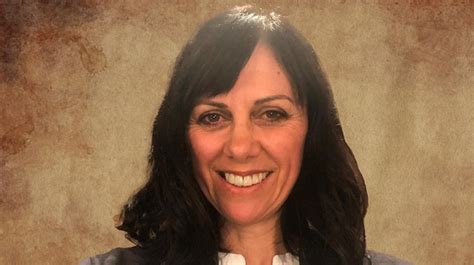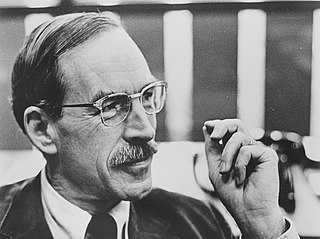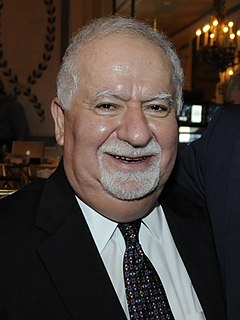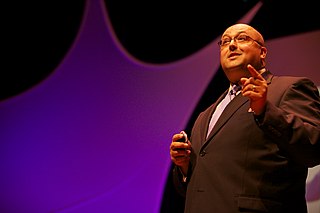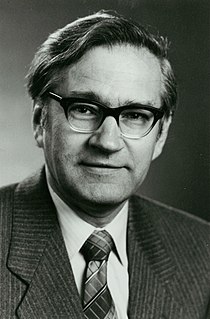A Quote by Gillian Roberts
I can think of few more worthy achievements than keeping a library alive and well for a century. As far as I am concerned, one of the absolute backbones of a free society and a democracy is the library offering access to a treasure house of information to all.
Related Quotes
The Library is an open sanctuary. It is devoted to individual intellectual inquiry and contemplation. Its function is to provide free access to ideas and information. It is a haven of privacy, a source of both cultural and intellectual sustenance for the individual reader. Since it is thus committed to free and open inquiry on a personal basis, the Library must remain open, with access to it always guaranteed.
I claim that this bookless library is a dream, a hallucination of on-line addicts; network neophytes, and library-automation insiders...Instead, I suspect computers will deviously chew away at libraries from the inside. They'll eat up book budgets and require librarians that are more comfortable with computers than with children and scholars. Libraries will become adept at supplying the public with fast, low-quality information. The result won't be a library without books--it'll be a library without value.
I think the public library system is one of the most amazing American institutions. Free for everybody. If you ever get the blues about the status of American culture there are still more public libraries than there are McDonald's. During the worst of the Depression not one public library closed their doors.
As parents, we should remember that our lives may be the book from the family library which the children most treasure. Are our examples worthy of emulation? Do we live in such a way that a son or a daughter may say, ‘I want to follow my dad,’ or ‘I want to be like my mother’? Unlike the book on the library shelf, the covers of which shield its contents, our lives cannot be closed. Parents, we truly are an open book in the library of learning of our homes.
Congratulations on the new library, because it isn't just a library. It is a space ship that will take you to the farthest reaches of the Universe, a time machine that will take you to the far past and the far future, a teacher that knows more than any human being, a friend that will amuse you and console you-and most of all, a gateway, to a better and happier and more useful life.
I am a librarian. I discovered me in the library. I went to find me in the library. Before I fell in love with libraries, I was just a six-year-old boy. The library fueled all of my curiosities, from dinosaurs to ancient Egypt. When I graduated from high school in 1938, I began going to the library three nights a week. I did this every week for almost ten years and finally, in 1947, around the time I got married, I figured I was done. So I graduated from the library when I was twenty-seven. I discovered that the library is the real school.
A university is a reading and discussion club. If students knew how to use the library, they wouldn't need the rest of the buildings. The faculty's job, in great part, is to teach students how to use a library in a living way. All a student should really need is access to the library and a place to sleep.
